Jarrak: Our languages journey
Jarrak is a public knowledge bank which captures key milestones of the strengthening of Aboriginal and Torres Strait Islander languages from the 1970s until now. It has been published to support both ongoing advocacy for Indigenous languages, and the continued progress of language revival and maintenance.
Jarrak includes a timeline and searchable database, with links to documentary and audio-visual evidence of achievements made in four areas: policy, education, language centres and resources. This site is best viewed using Chrome or Firefox browsers.
Aboriginal and Torres Strait Islander language workers and programs across the continent often operate in isolation, in under-resourced circumstances, and with languages that are at different stages in the revitalisation process. By contributing resources to this knowledge bank to support others within the network, they are providing a means to:
build and record a shared understanding of the history of Indigenous language revitalisation in Australia
showcase information about the methods through which ground has been gained, and how setbacks have been faced
assert the expertise, long experience, and collective knowledge of Indigenous organisations, their leaders and supporters
inform and support those who are new to the network, and joining the ever-growing language revitalisation movement
educate policymakers and funding bodies, now and into the future.
Jarrak is managed by First Languages Australia. Contributions are welcome, please email us. The project has been undertaken with the support of the Sydney Policy Lab, University of Sydney.
First Languages Australia was honoured to launch Jarrak at a special event in Sydney that brought together long standing language activists from around the country. The event included panels of speakers talking about language work from the 70’s till 2020.
The panel presentations were recorded and can be accessed here.
Jarrak means "to talk" in Kija. In Kija, the vowel "a" sounds like the "u" in the English word "but", and the "rr" is rolled and sounds a bit like the "tt" in "butter" when said quickly.
The full title of this collection, Paja inyja jarrak thangani-ngarri, has been provided by the Kimberley Language Resource Centre and combines four Kimberley languages:
paja means ‘many’ or ‘big mob’ in Walmajarri
inyja means ‘to go’ in Nyikina
jarrak means ‘to talk’ in Kija
thangani-ngarri means ‘with our languages’ in Bunuba

